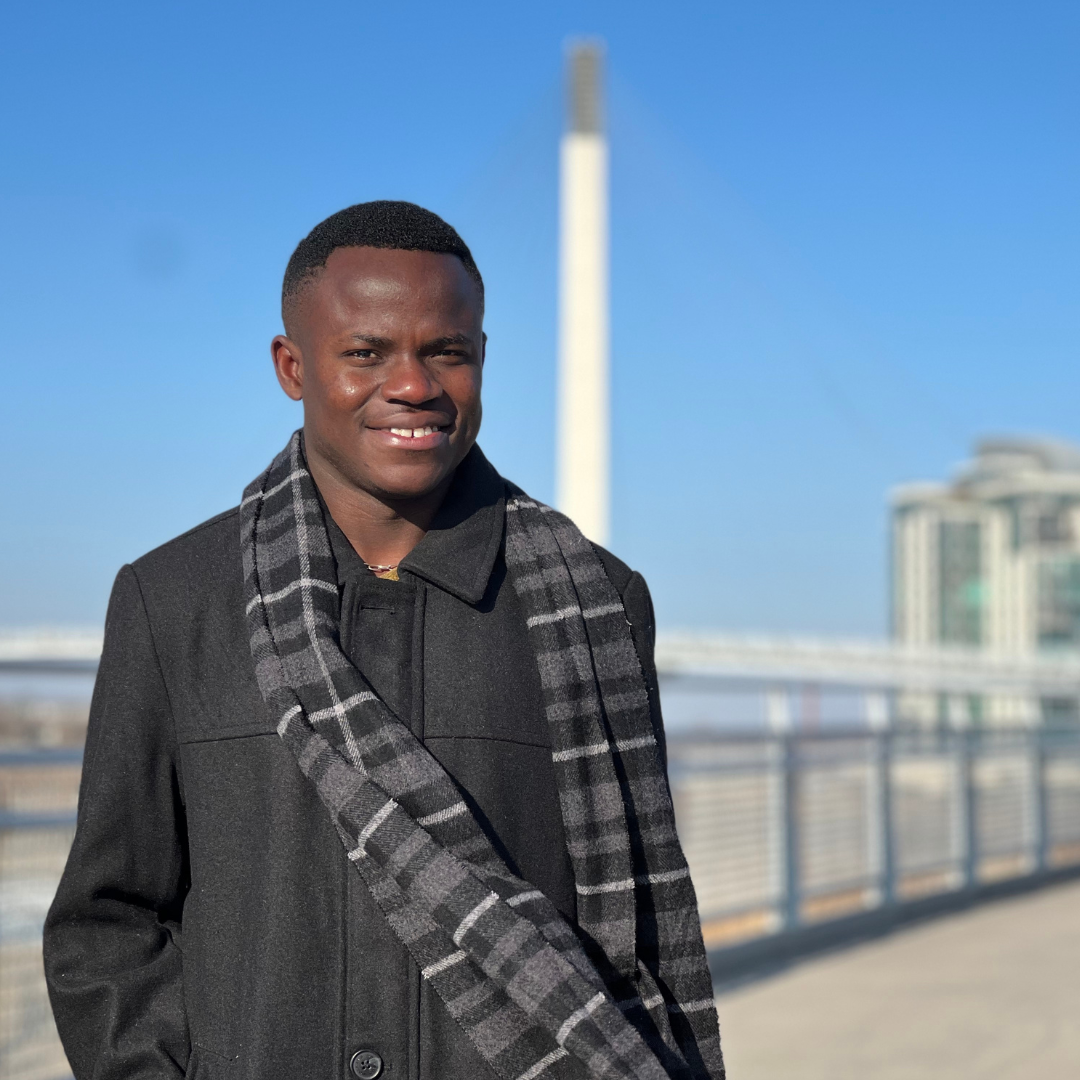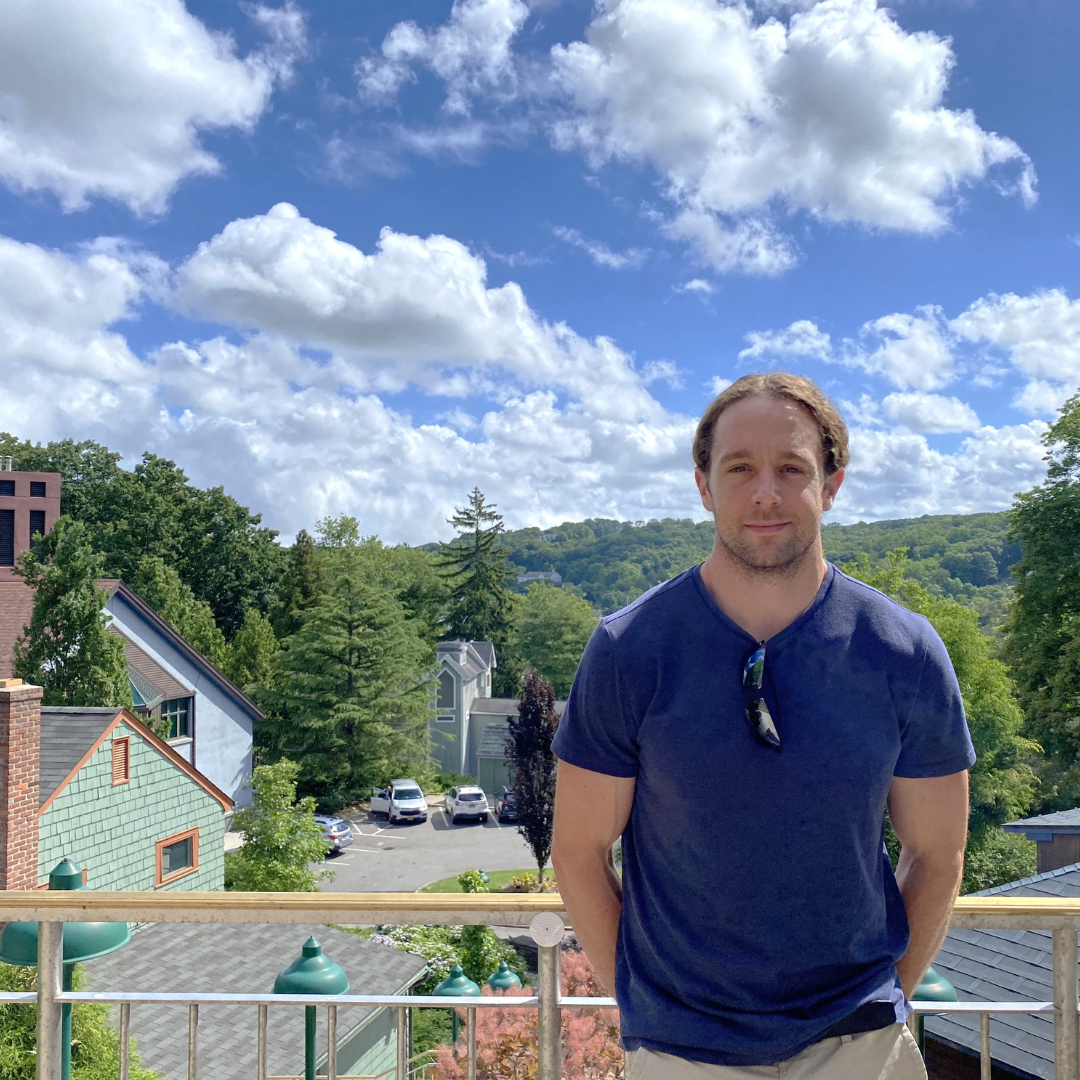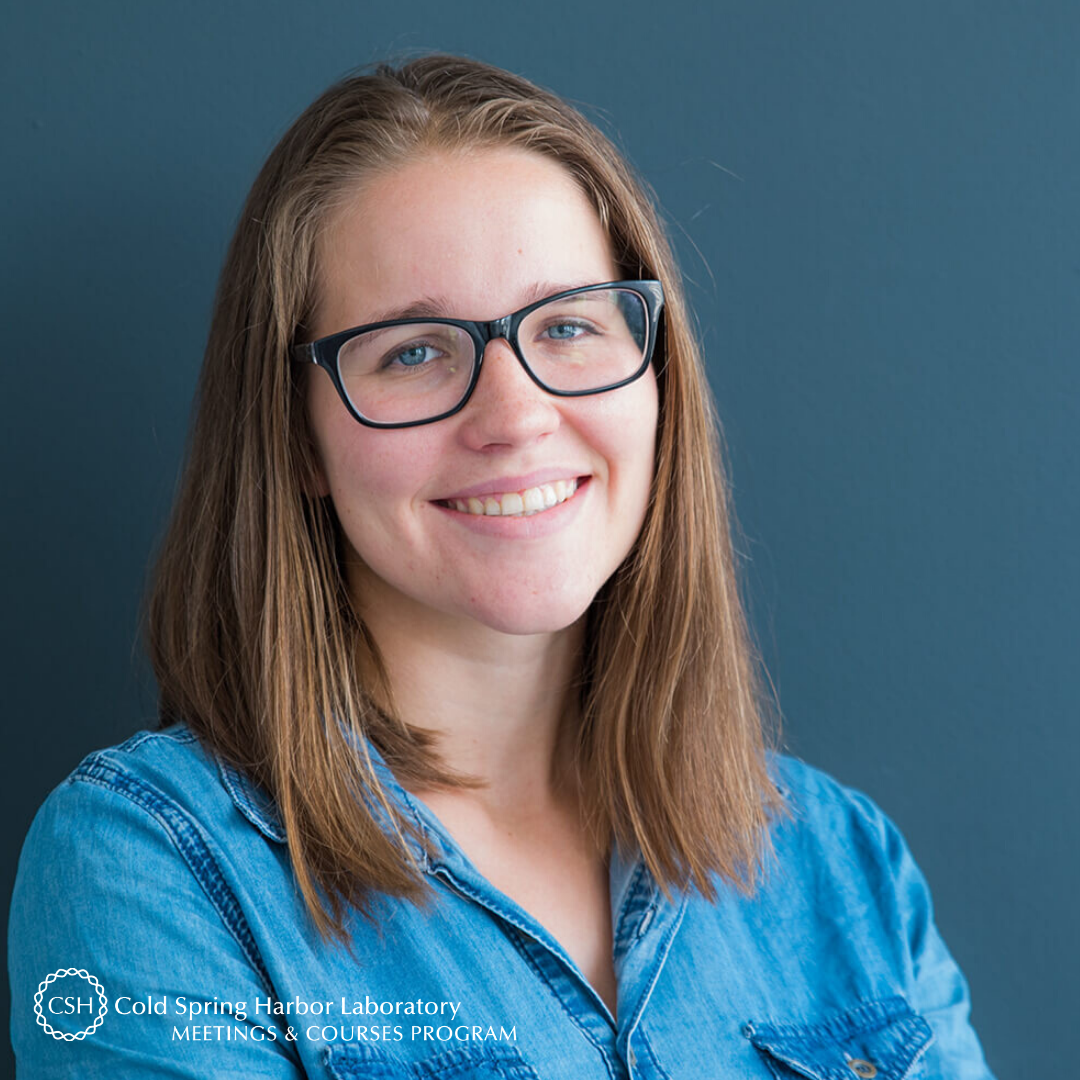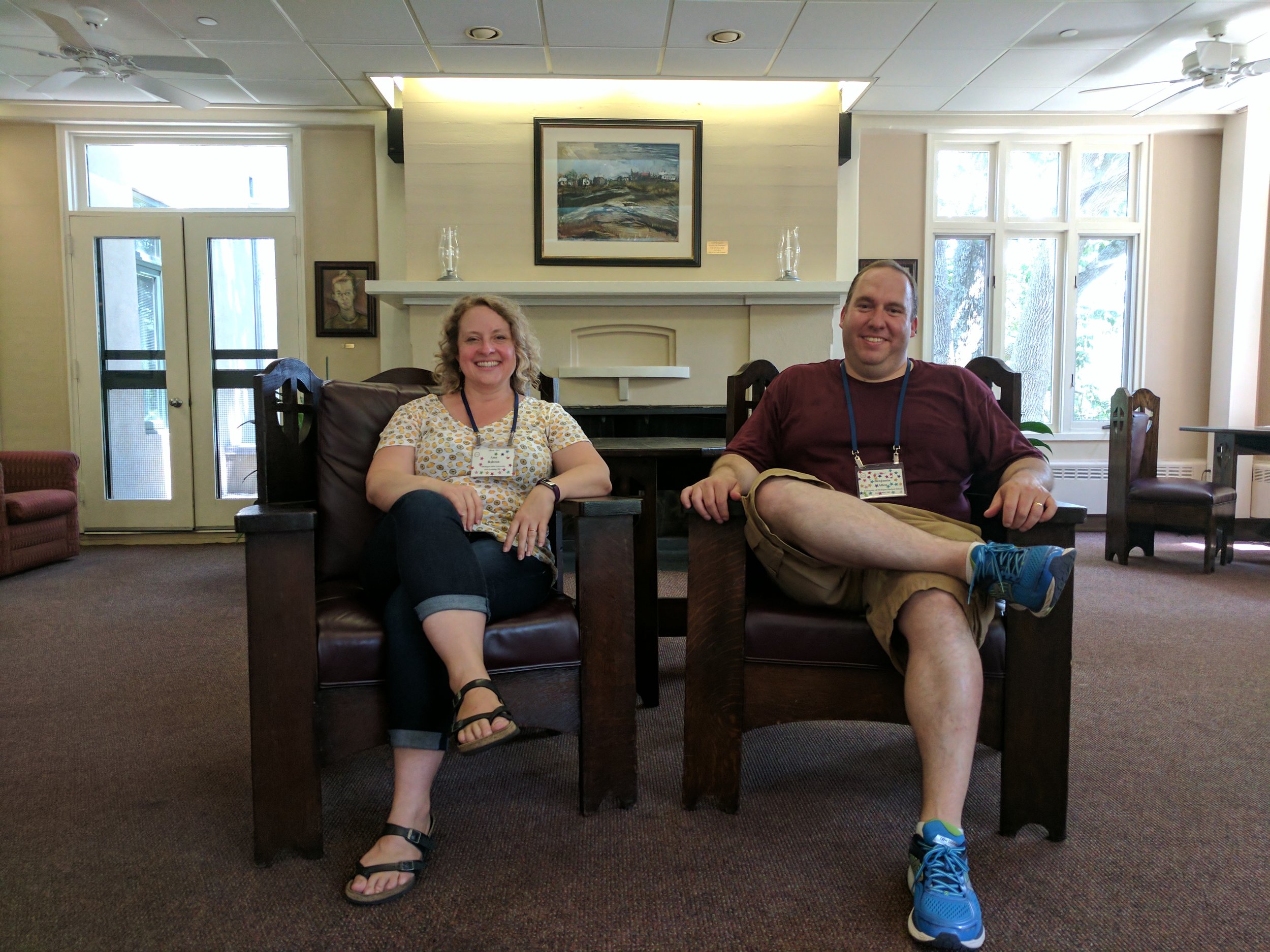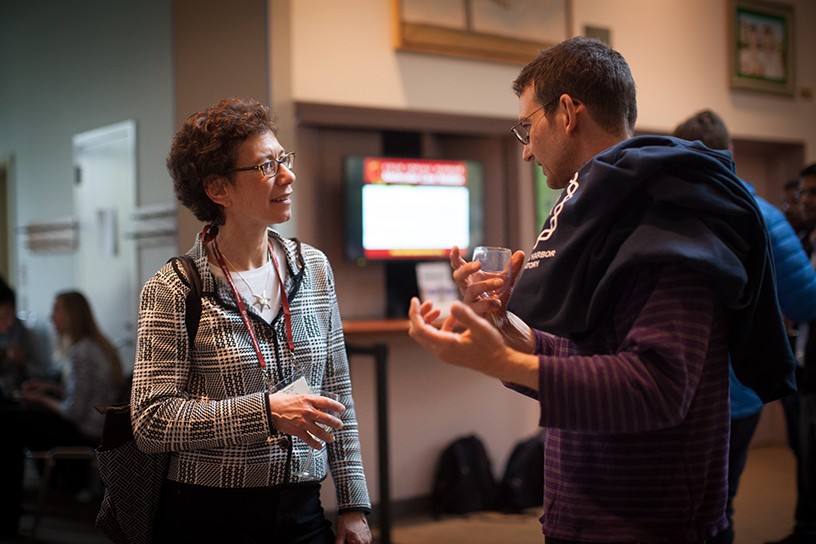Meet Chandler McElrath of the Medical College of Wisconsin! A member of Dr. Adriano Marchese’s lab within the Department of Biochemistry, Chandler joins us this week for the Ubiquitin, Autophagy & Disease virtual meeting. This is the first CSHL meeting for the second year graduate student and also her first time interacting with the ubiquitin community as a whole.
Tell us about your research.
I’m interested in how ubiquitin regulates GPCR signaling and trafficking. I study this in the context of the chemokine receptor CXCR4 and cancer metastasis.
How did you decide to focus on this area/project?
I had two undergraduate research experiences, studying the ubiquitin-proteasome system and GPCR signaling, respectively. I was thrilled to be able to find a dissertation lab where I could study both of these topics.
What and/or who is the inspiration behind your scientific journey?
I would not be where I am today without Dr. Jamie Scaglione. In addition to serving as my undergraduate academic advisor, she presented me with my first research opportunity at Carroll University which sparked my love for research. In 2017, this project extended into a summer experience in the laboratory of Dr. Matt Scaglione at the Medical College of Wisconsin (now Duke University) where I was introduced to the ubiquitin proteasome system. Fantastic mentorship propelled me into my PhD studies at MCW. As a professor someday, I hope to be able to do the same for my students.
Where do you see yourself in five years?
I will have graduated from MCW with my PhD and pursuing my career as a biochemistry professor focusing on undergraduate instruction.
What do you love most about being a researcher?
I love being able to ask and answer questions that no one else has before and contribute to the world’s understanding of how our cells operate.
What drew you to attend this meeting?
Ever since one of my undergraduate research experiences, I have been particularly interested in the ubiquitin proteasome system. I picked my dissertation project based off this interest, and I am excited to attend a conference with a group of people all passionate about similar subjects!
What is your key takeaway from the Meeting; and how do you plan to apply it to your work?
I learned quite a bit about ubiquitin binding domains to detect different types of ubiquitin chains, and this will prove useful for developing protocols in our lab to learn more about how ubiquitin is involved in GPCR regulation.
What feedback or advice would you share with someone considering participating in this meeting?
Take the time to integrate information that you learn at poster sessions and at seminars!
What’s the most memorable thing that happened during the Meeting?
This was my first time interacting with other professionals in the ubiquitin community, and everyone was so welcoming and willing to answer my questions. As a young graduate student, it was neat to directly communicate with people whose publications I cite frequently! I look forward to meeting everyone in person at a future meeting.
Thank you to Chandler for being this week's featured visitor. To meet other featured researchers - and discover the wide range of science that takes part in a CSHL meeting or course - go here.
Image provided by Chandler McElrath.




